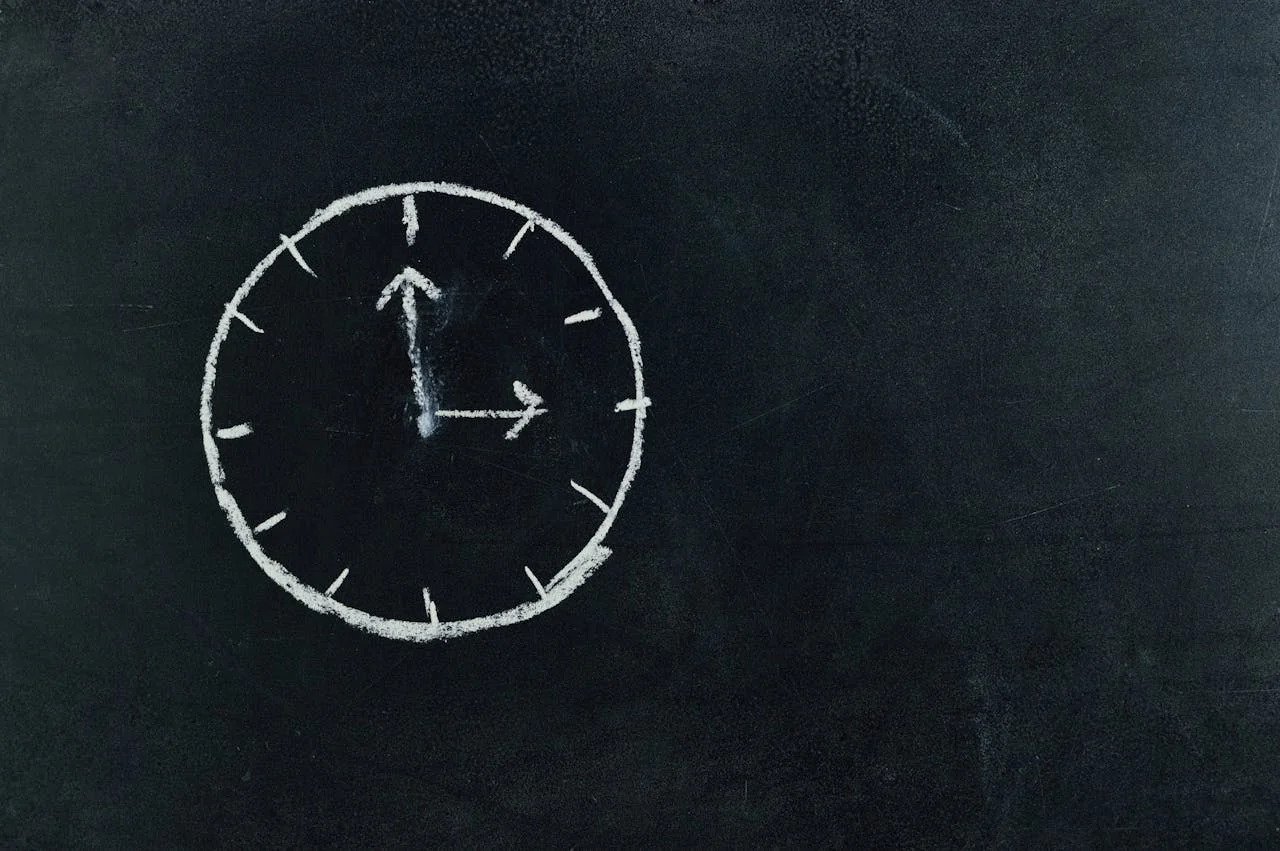There are few more important metrics in the world of horse racing than time. Everything is watched on the clock, whether it is races or training preps.
Time tells trainers and those connected with the horse everything they need to know about their runner's ability in training.
Therefore, it is no surprise that times and speed figures rank highly on the list when researching horses that can be included in a horse race betting calculator.
But why is time and precision so important in horse racing, and are there any links that can be directly implemented into day-to-day life?
History of Time in Horse Racing
Date collection is incredibly important in horse racing, as it gives a rounded picture of an equine and their performance levels. However, few matters are as important as how they compare to the clock.
The first recorded evidence of time being used to measure a horse’s performance dates back to 1731. However, the style and its importance have developed over time, with more precise stopwatches being manufactured.
Accuracy and precision in the time recorded are also important, as there have been examples of the records being set wrongly throughout the sport’s history. One of the standout examples came in 1913 when Whisk Broom II clocked a time of 2:00 over ten furlongs in the Suburban Handicap.
However, this finishing time was questioned, with some clocks measuring a slower time. The world-record time always had a question mark next to it, but it stood until the late 1940s.
Why is Time so Important in Racing?
Time is undeniably the most important metric used in racing, as it accurately gives a reading regarding which horse is the fastest.
However, it is also essentially important when it comes to handicapping races and making wagers on the action. Time is an accurate data point that can be used to assess a runner’s chance in an upcoming race.
However, one of the factors that should also be taken into account when studying this is the fact that the ground could be different from another day at the track, and tactics in the race could have also contributed to a faster time being recorded.
Therefore, while time is vitally important for a bettor, it is by no means a matter of betting on the fastest horse in every race, as other factors will also need to be considered. That leads to bettors asking why a horse set such a fast time in comparison to others.
Time Tracking in Modern Day Racing
Questionable times are now a thing of the past, as the metric is more precise than ever before. The biggest development in this regard was made in the early 1930s following the introduction of the ‘electronic eye’.
This system was used readily across North America to track times from the starting gate to the finishing line. Technology has continued to adapt since then, with GPS trackers typically located under a horses cloth to collect data to share with trainers, owners, and governing bodies.
However, there have still been examples of setbacks in collecting times of horses on track, meaning that there is no full-proof plan as yet when it comes to collecting the most precise data. But, with the likely future advancements in technology, this is likely to be an issue of the past in the coming years.
Who Are The Fastest Horses Ever?
Horse races are among the most entertaining sporting event to watch on the calendar, and those in attendance are often staggered at the speeds that the stars are able to travel at.
In fact, horses are able to run 100m in half the time of the humans, and they average a speed of 37 mph. However, throughout history there have been horses that have smashed speed records on track.
Winning Brew
The fastest recorded time on track was recorded in May 2008, according to the Guinness Book of Records. Winning Brew clocked a staggering 43.71 mph during a race at Penn National Racecourse in Pennsylvania.
However, the equine is an example of speed not being everything in racing, as the mare came up short in prestigious races in the United States, failing to place in the G1 Frizette and G1 Spinaway.
Green Monkey
Green Monkey was also regarded as one of the fastest racehorses in the world after being auctioned for a staggering $16 million. After setting timing screens alight after running at a reported 55 mph, he would eventually fail to showcase his talent on track.
Battaash
One of the examples of speed being used to good effect can be found in the form of British star Battaash. The superstar peaked at 48.63 mph when winning a third King George at Goodwood in 2019. During his career on track for trainer Charles Hills, he won 13 times and picked up £1.7 million in prize money.
 Online Clock
Online Clock